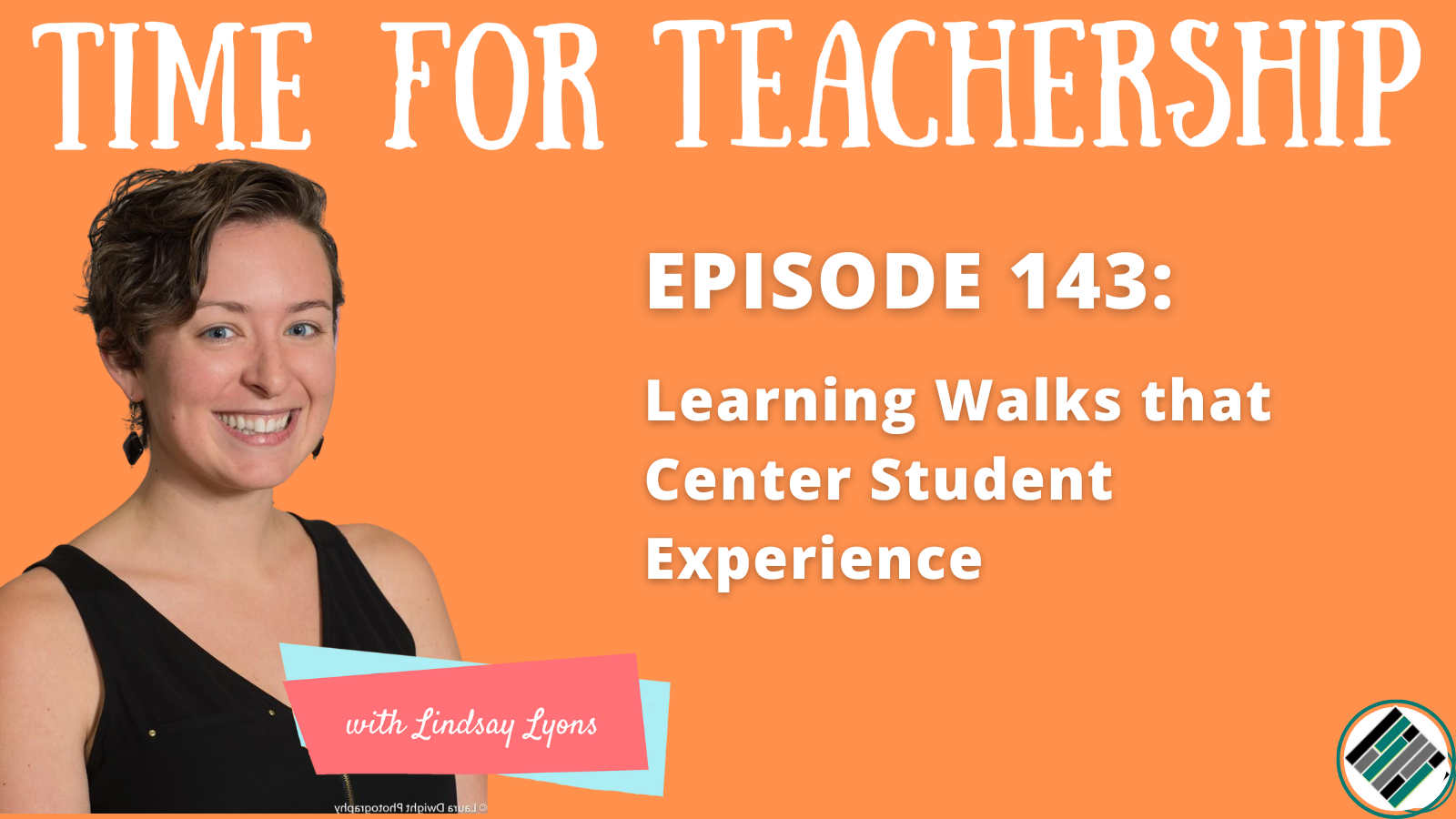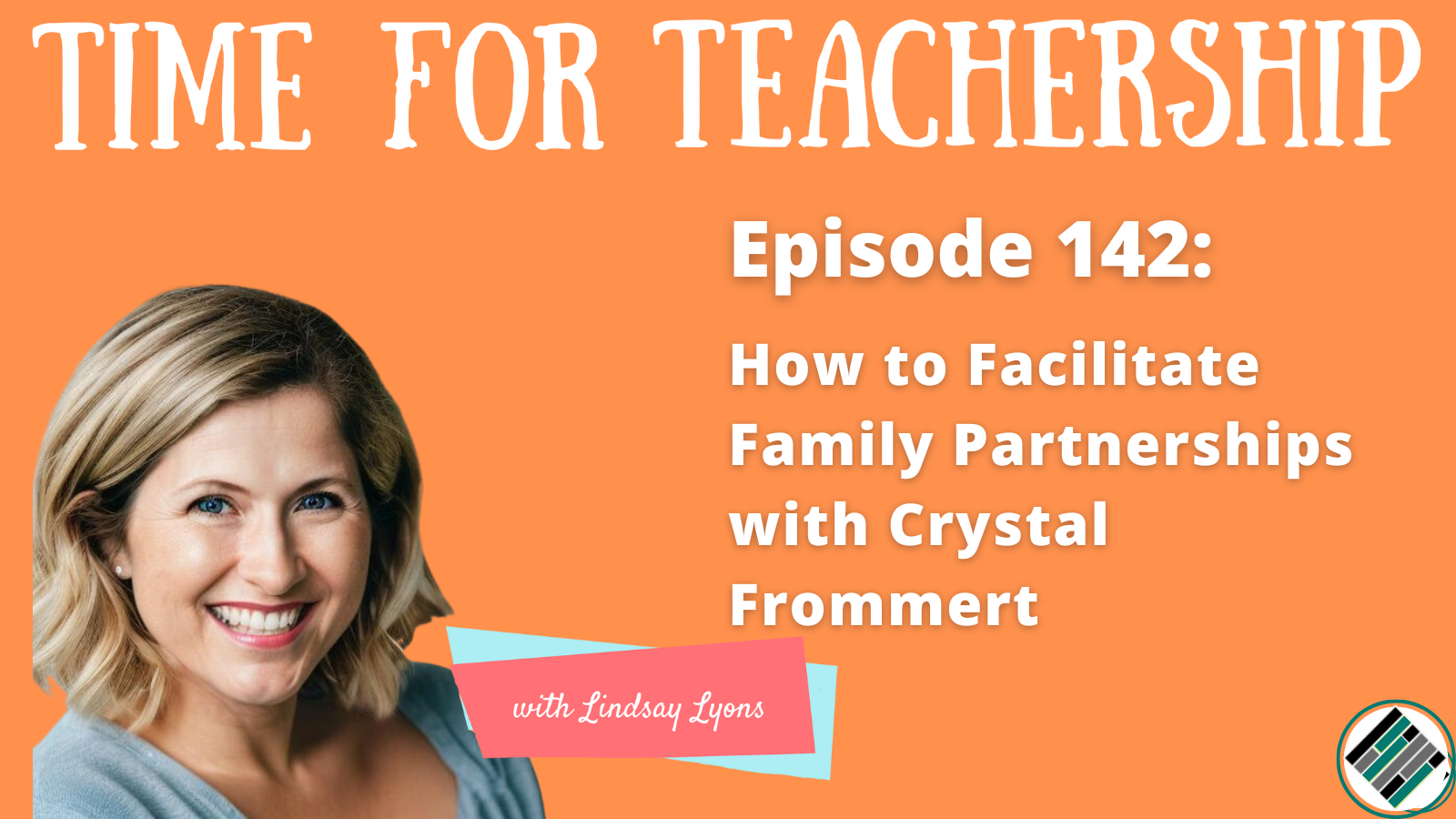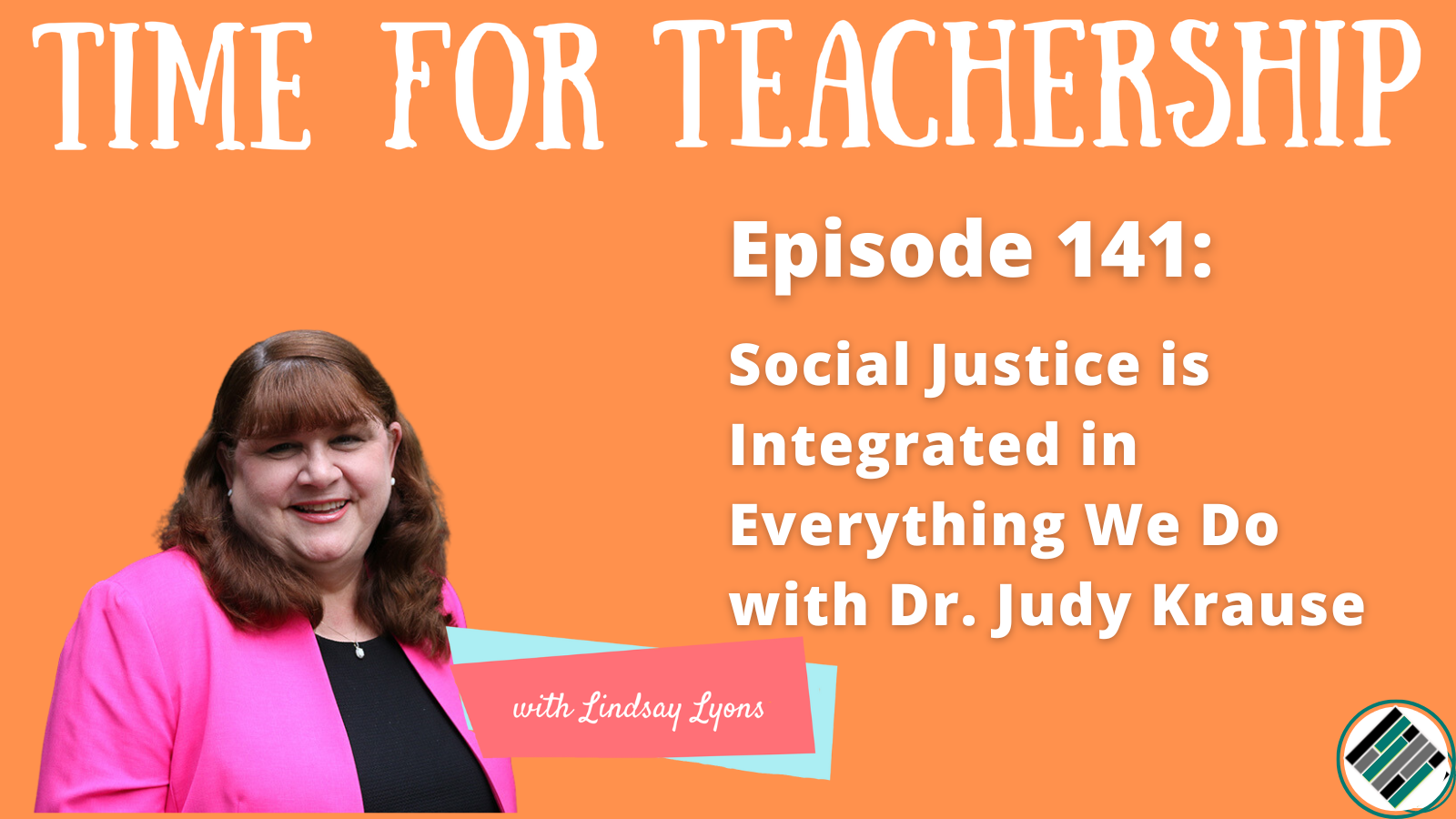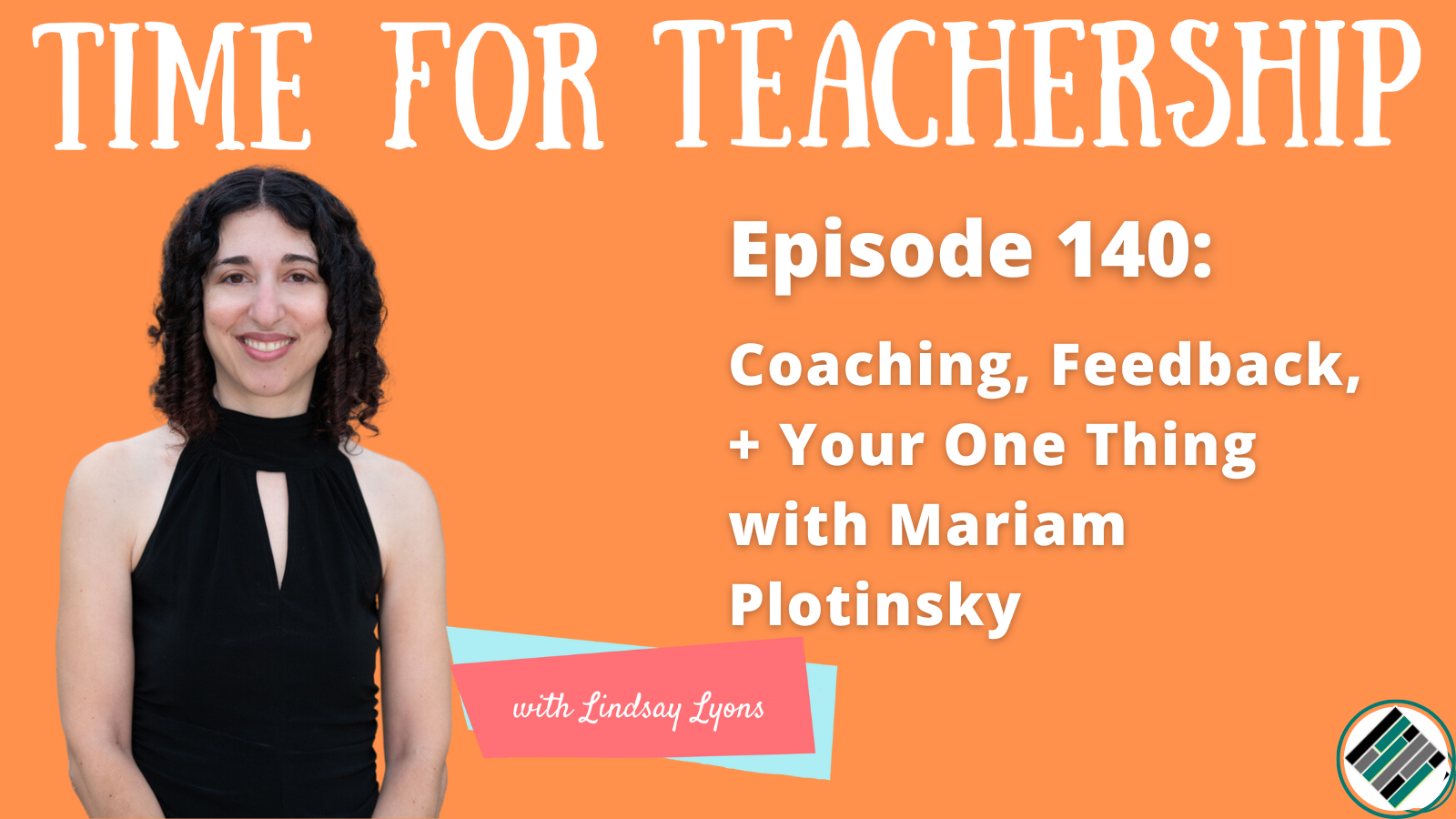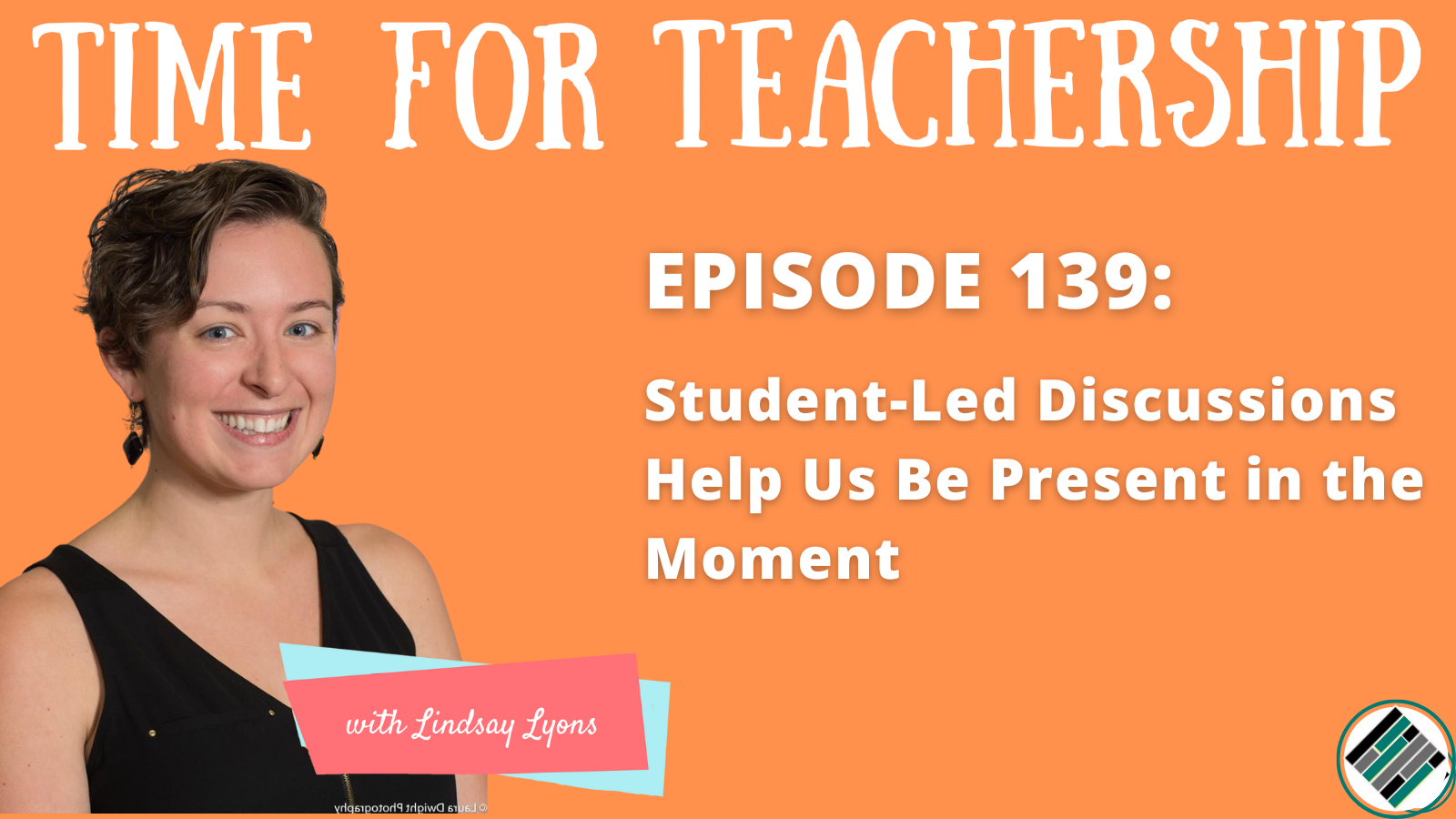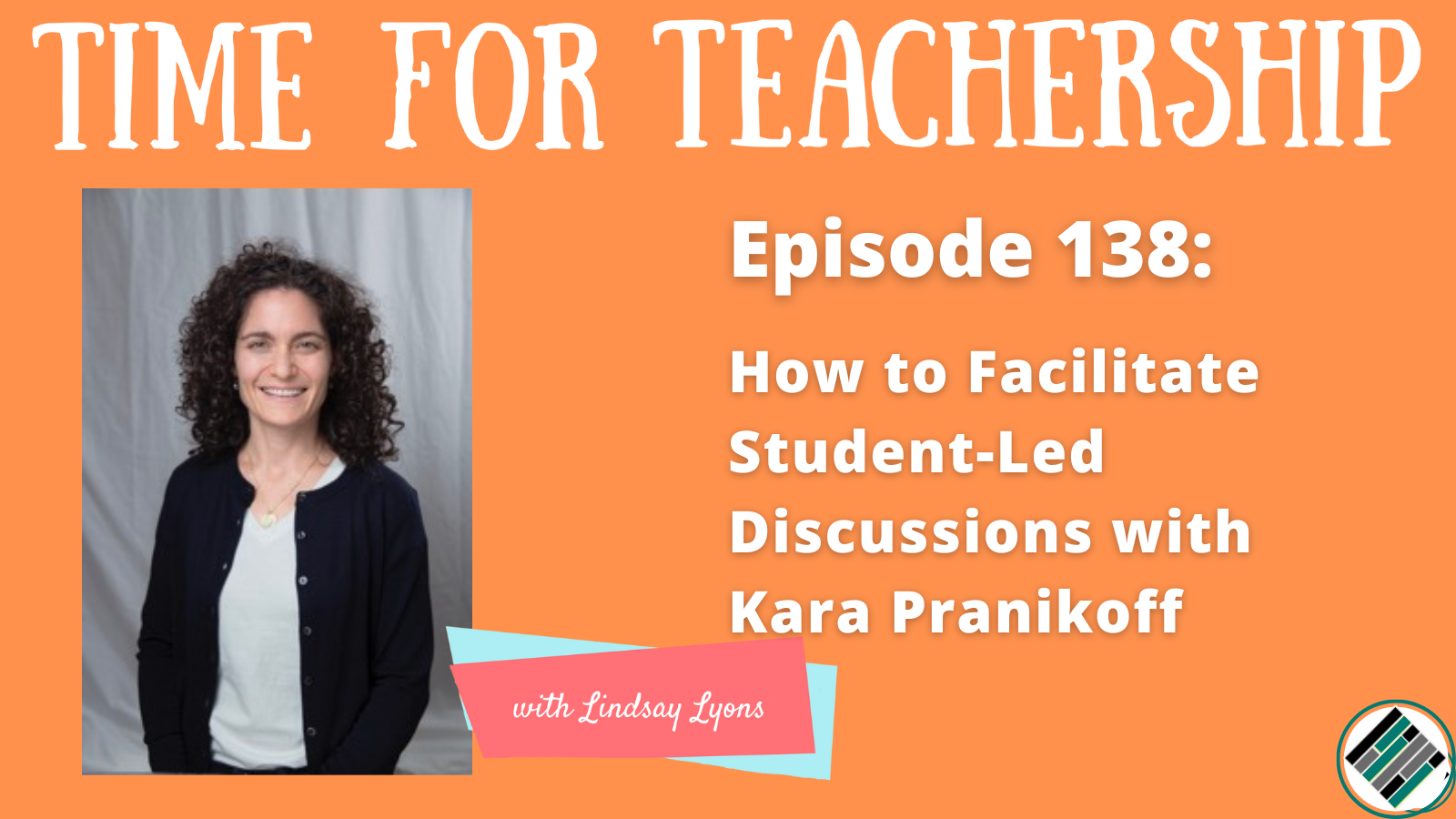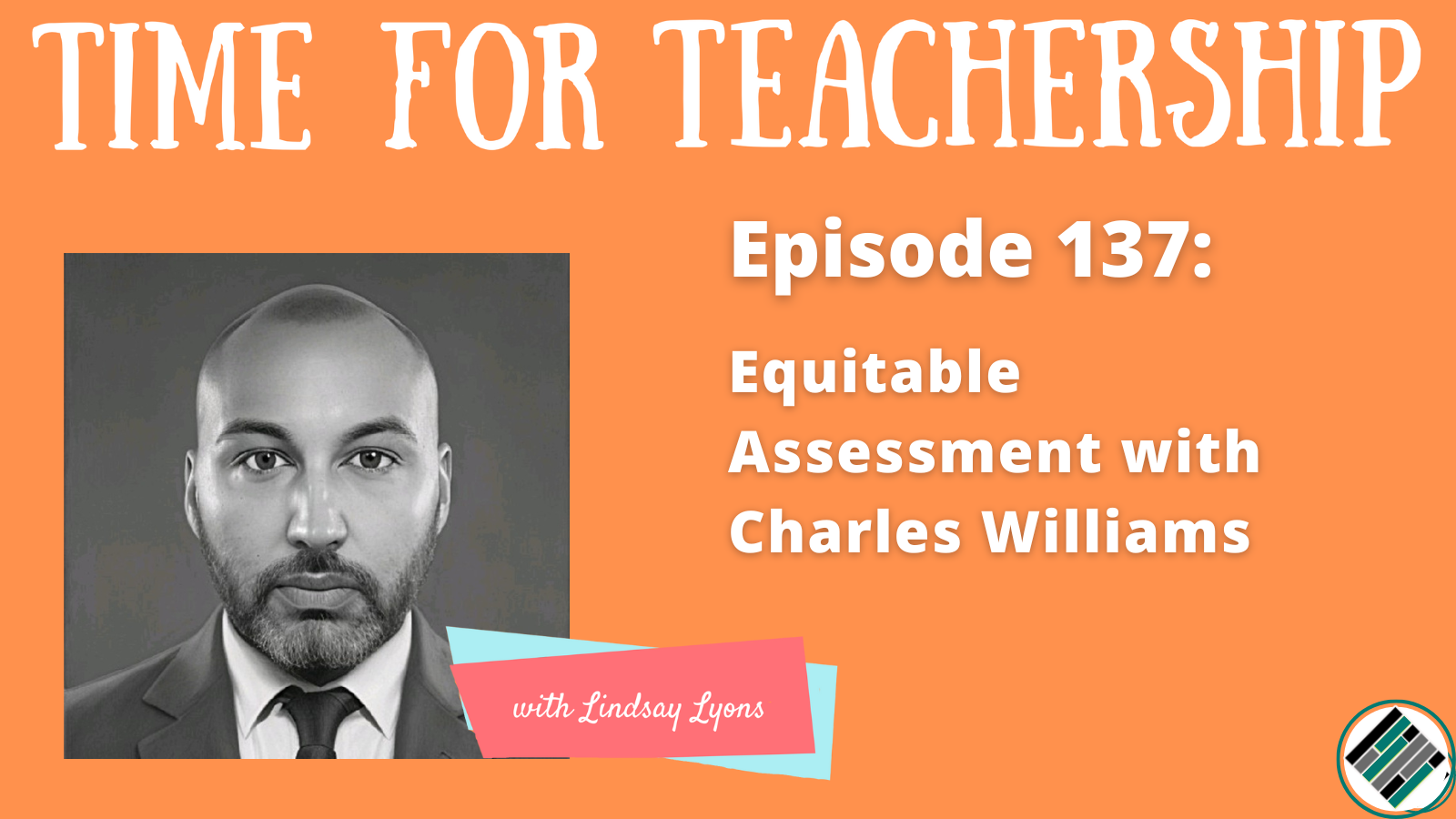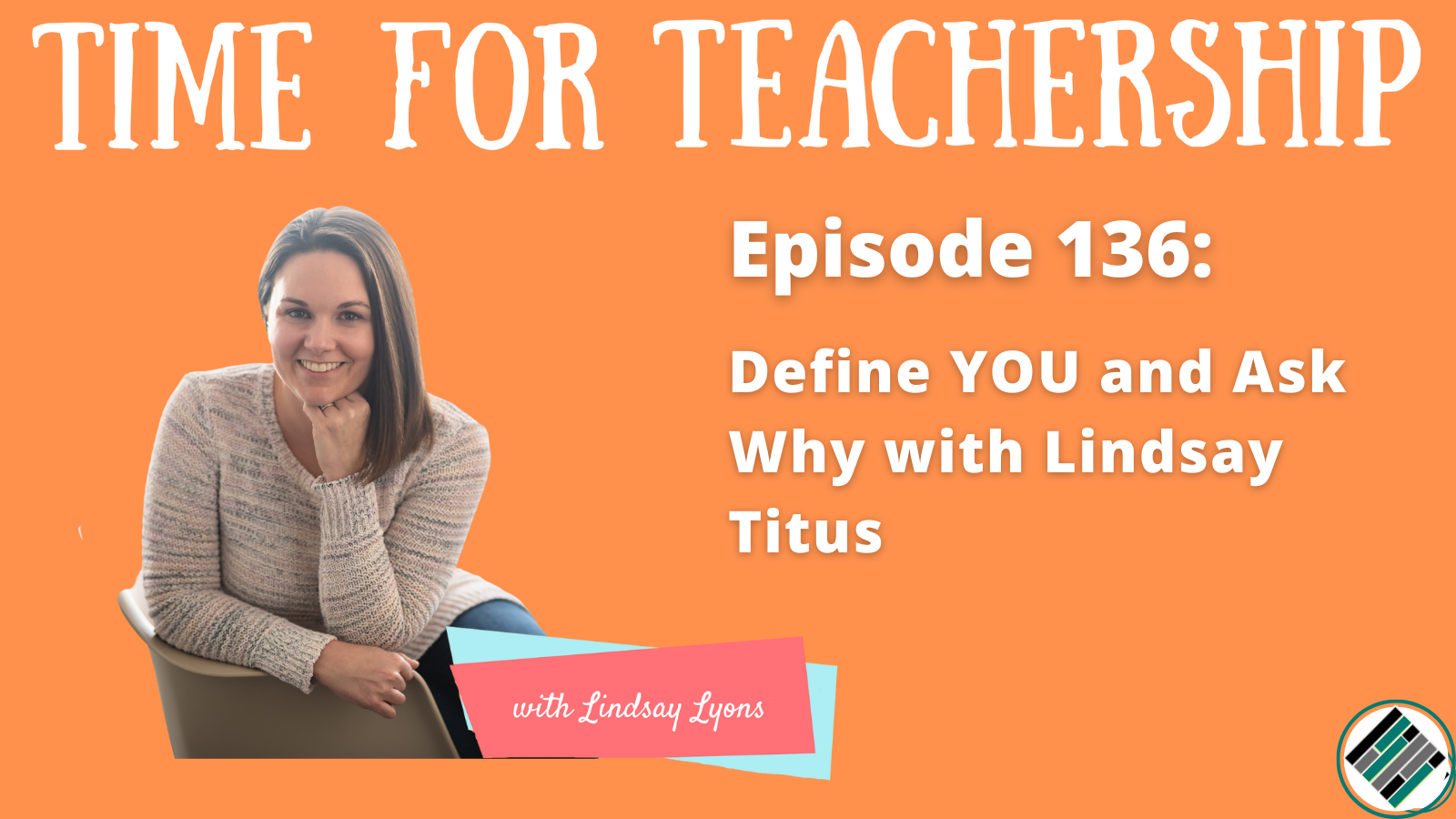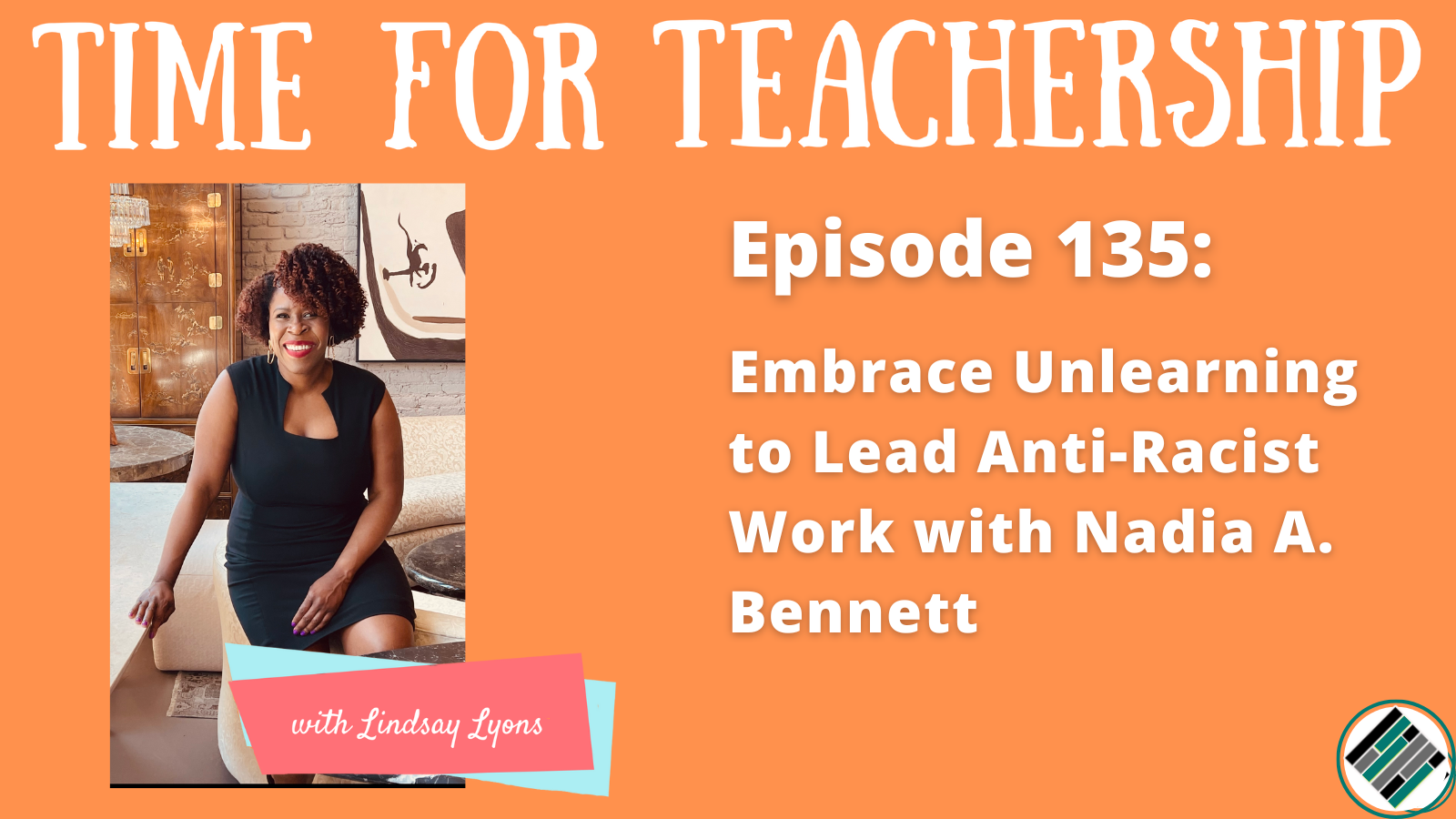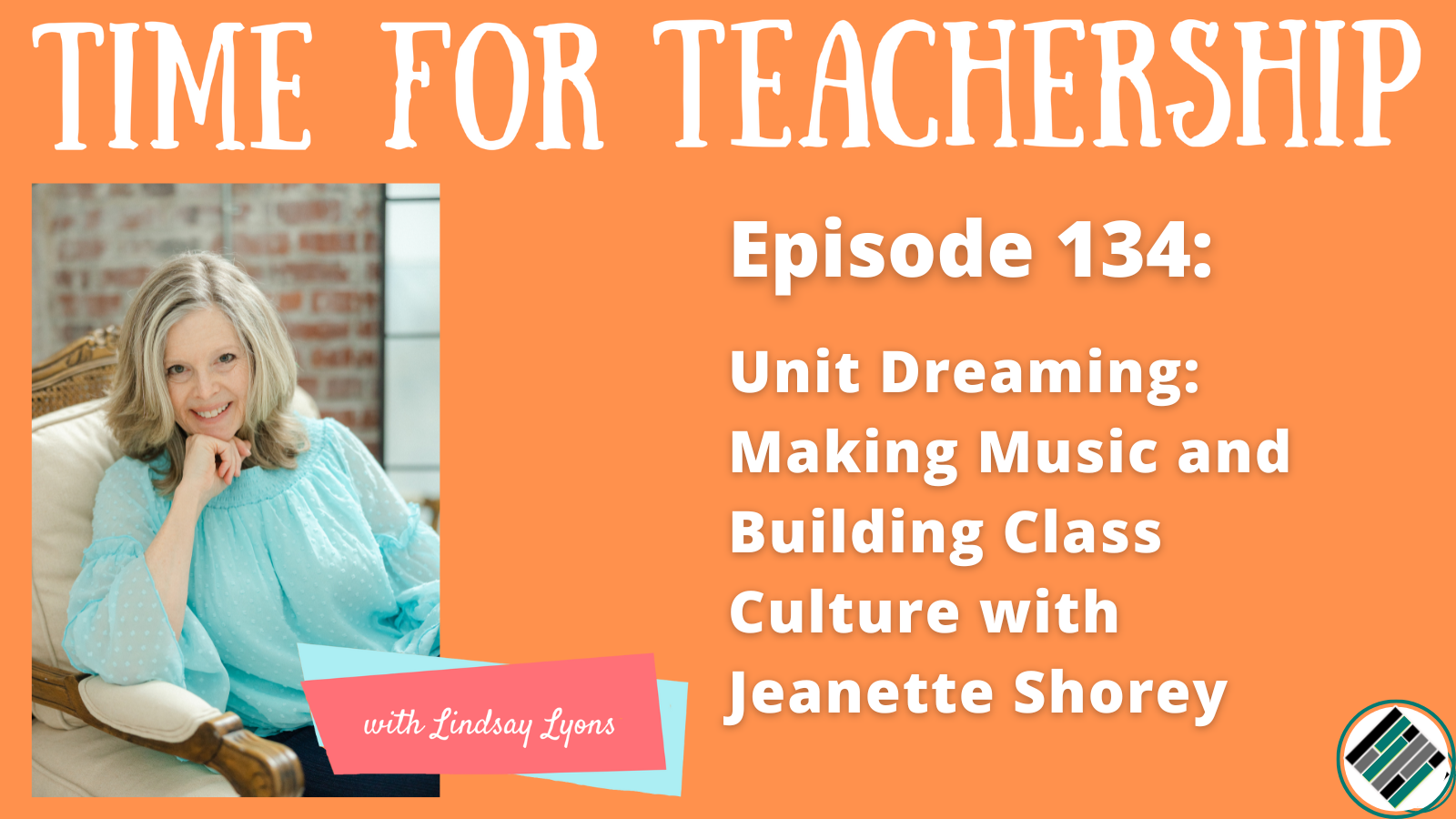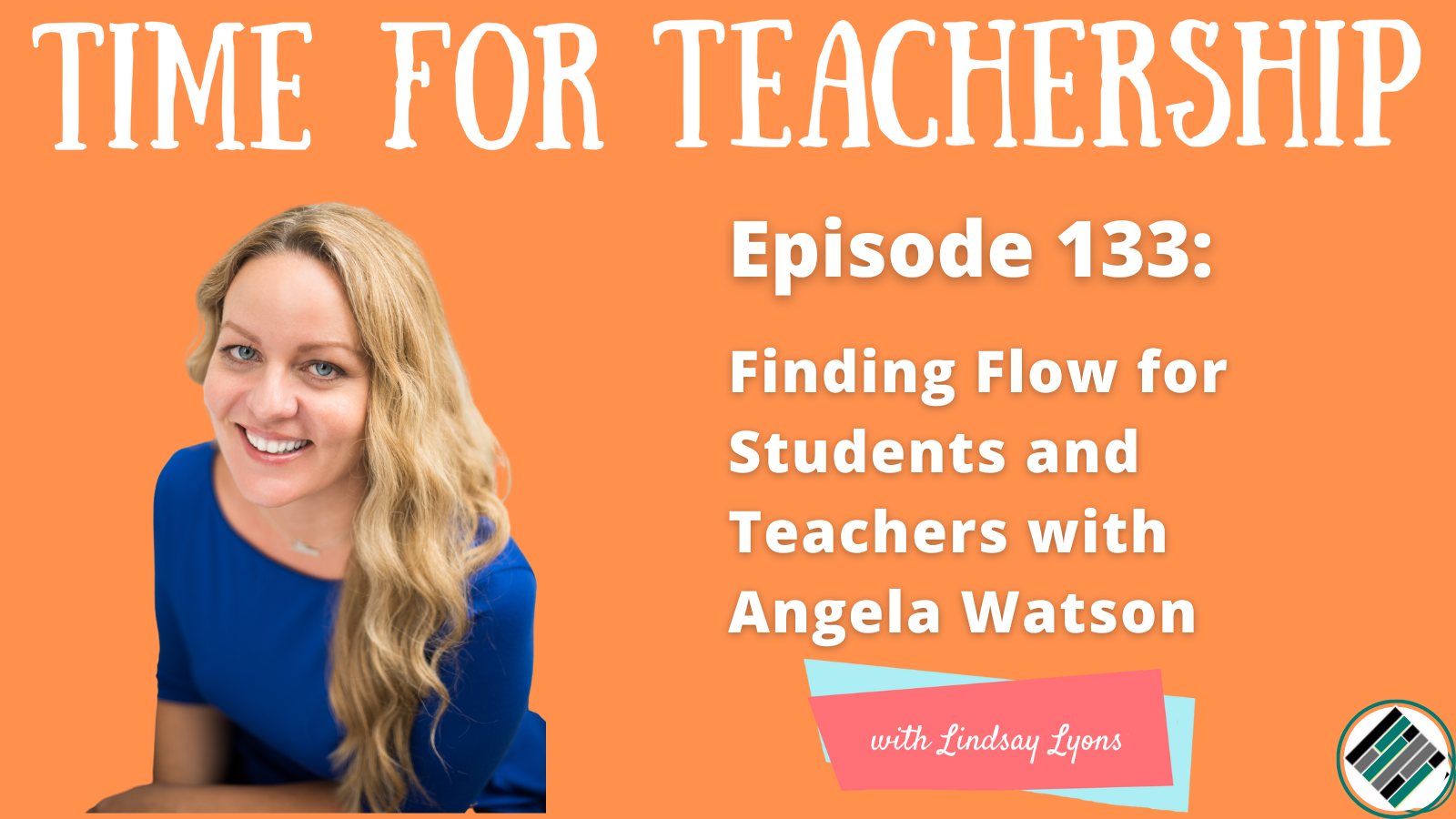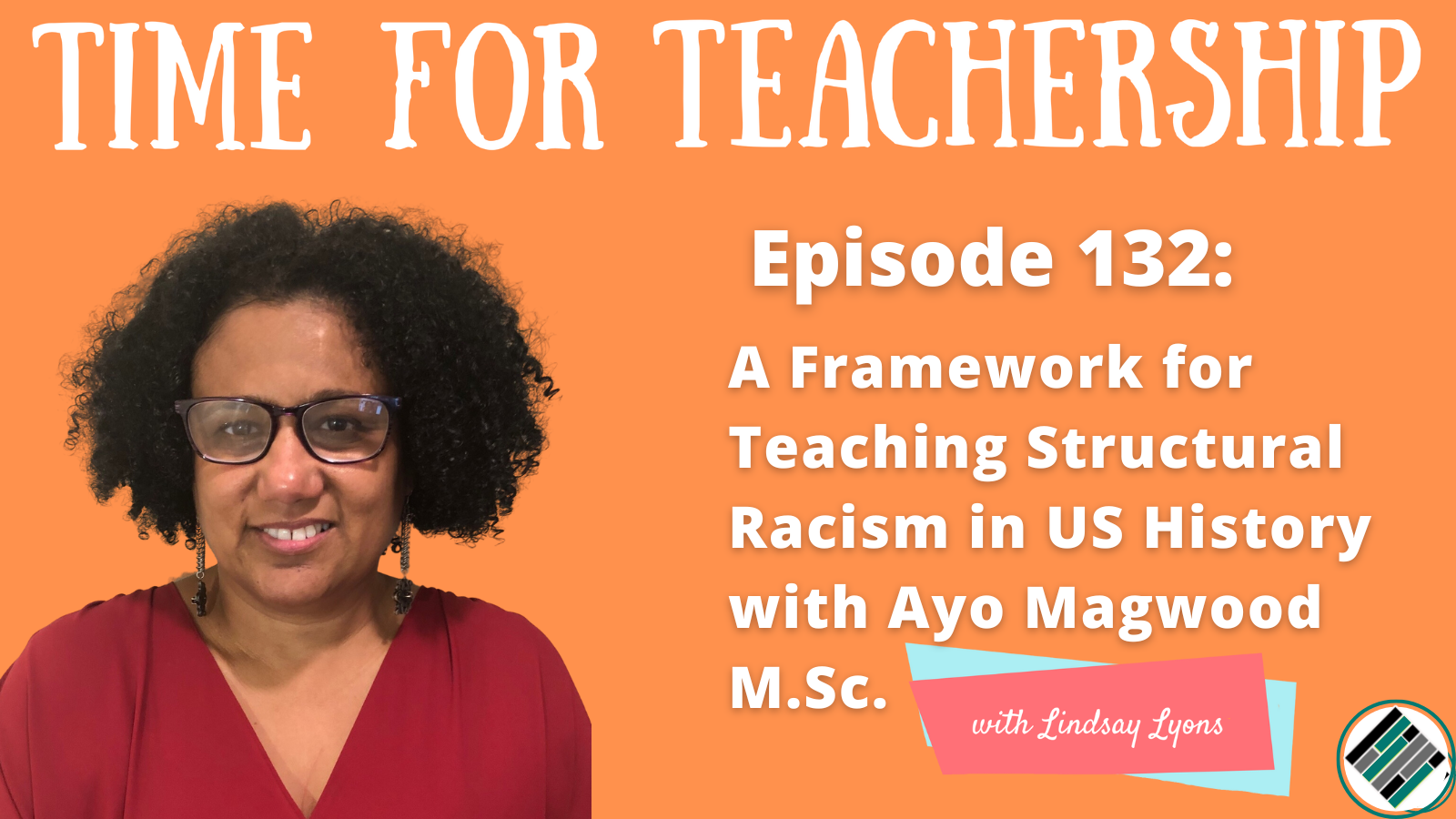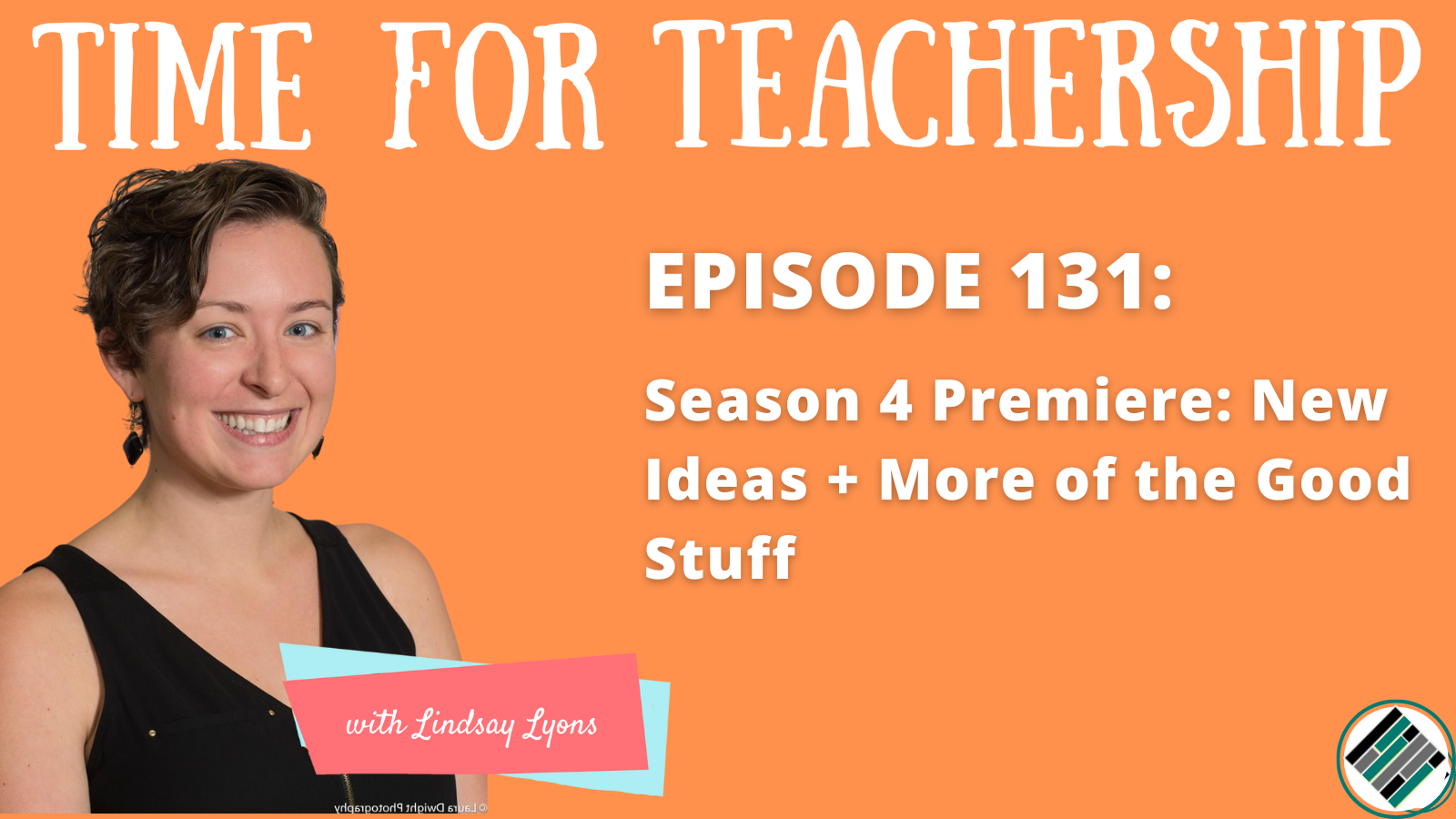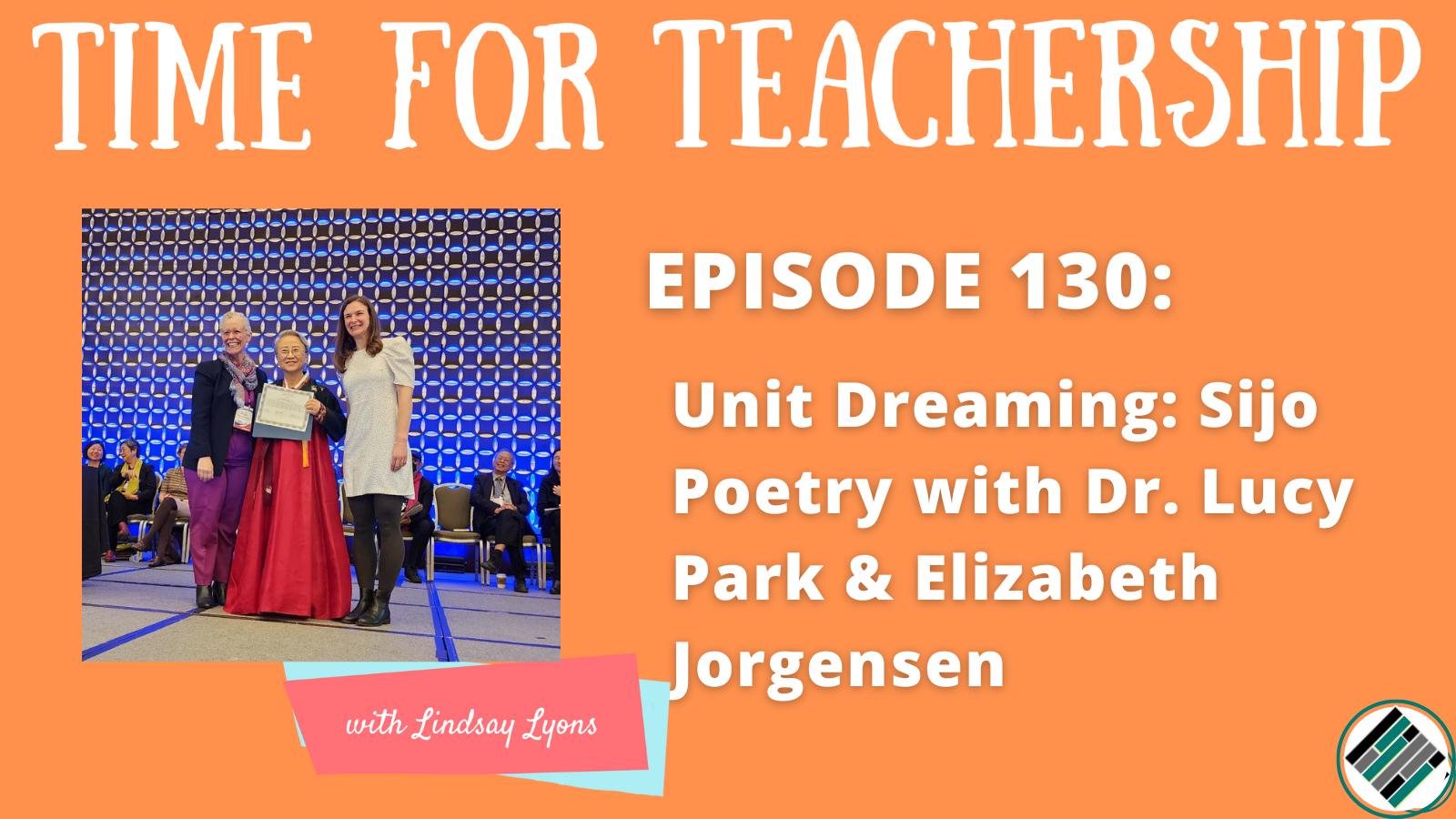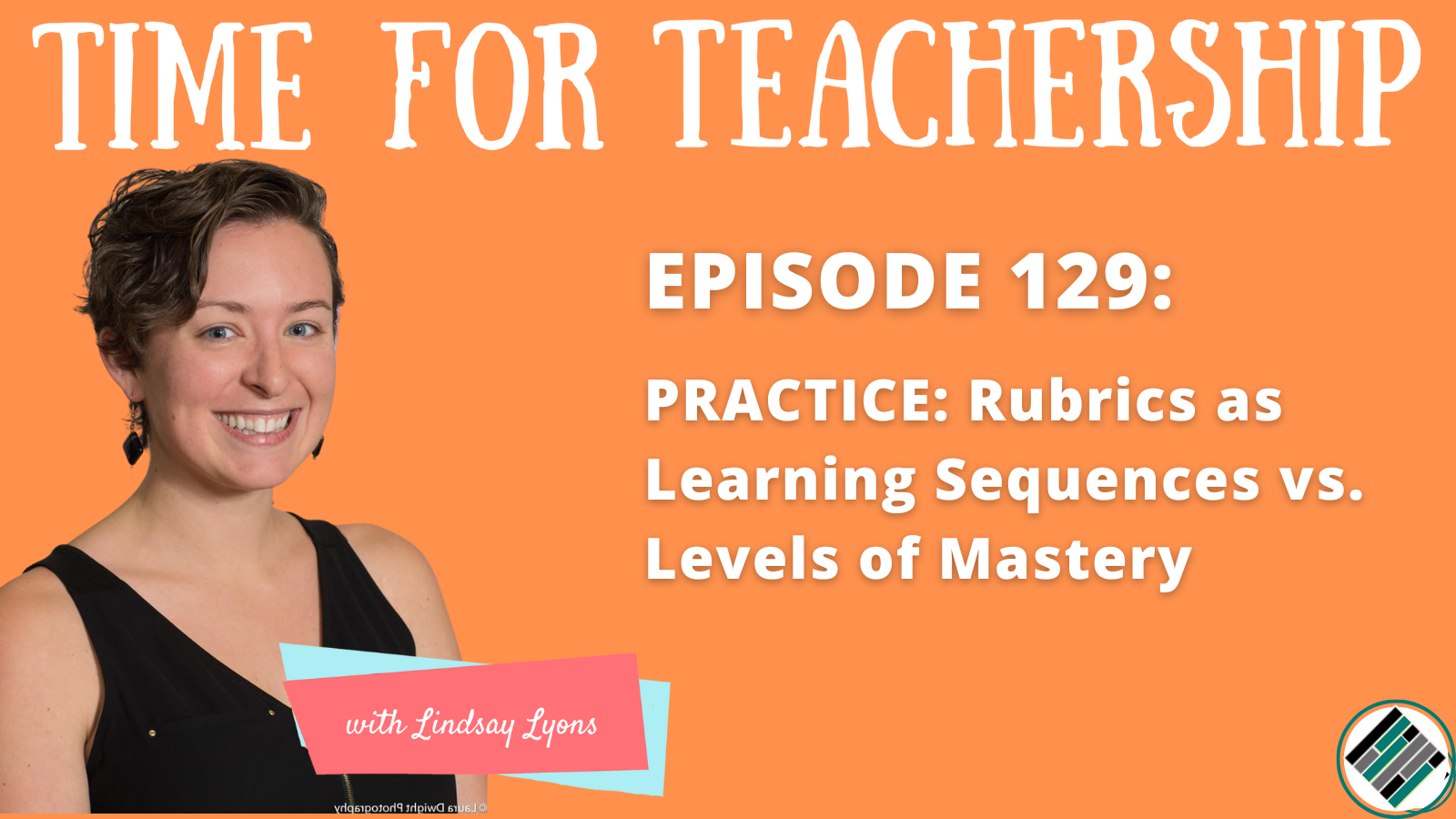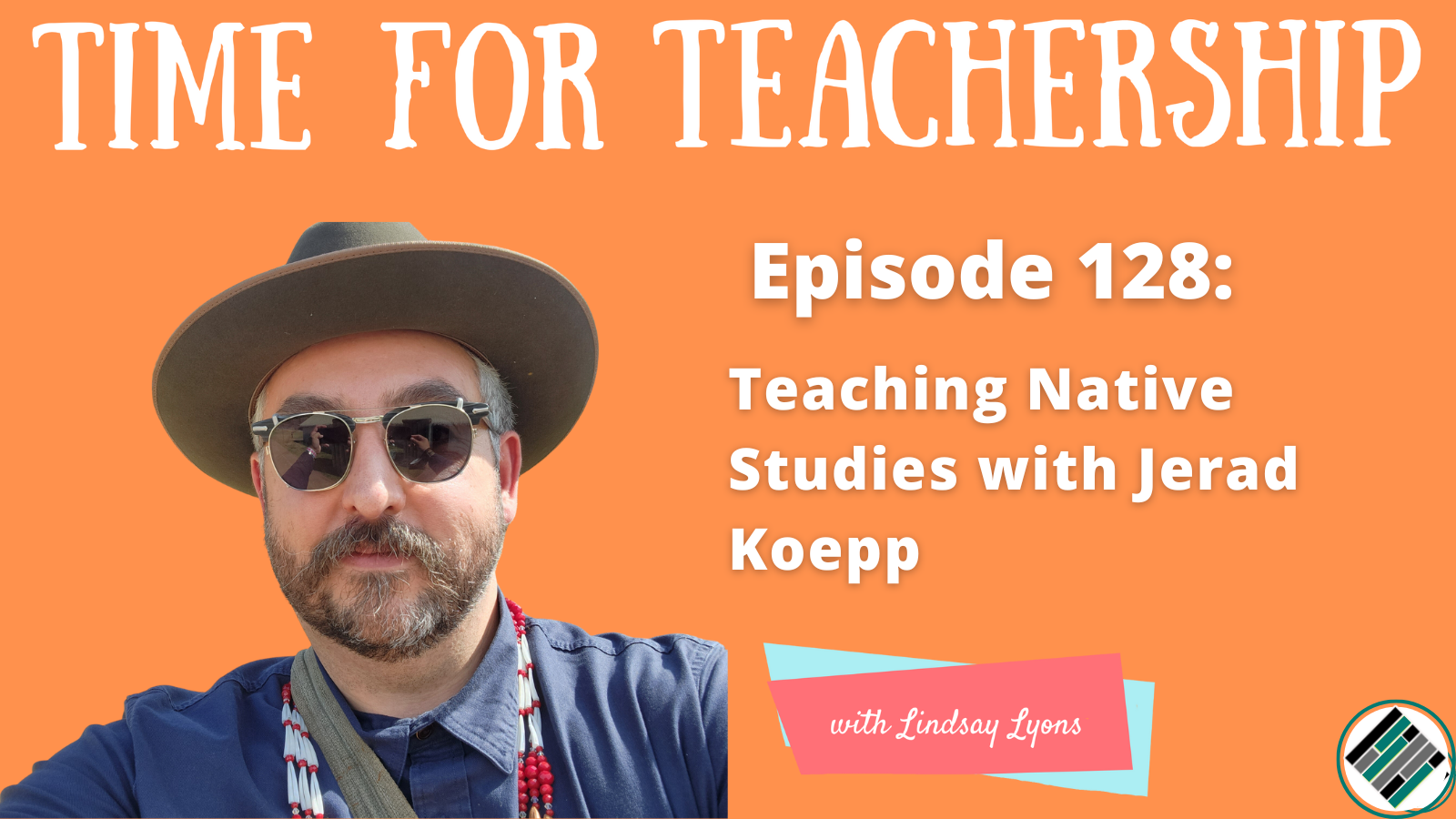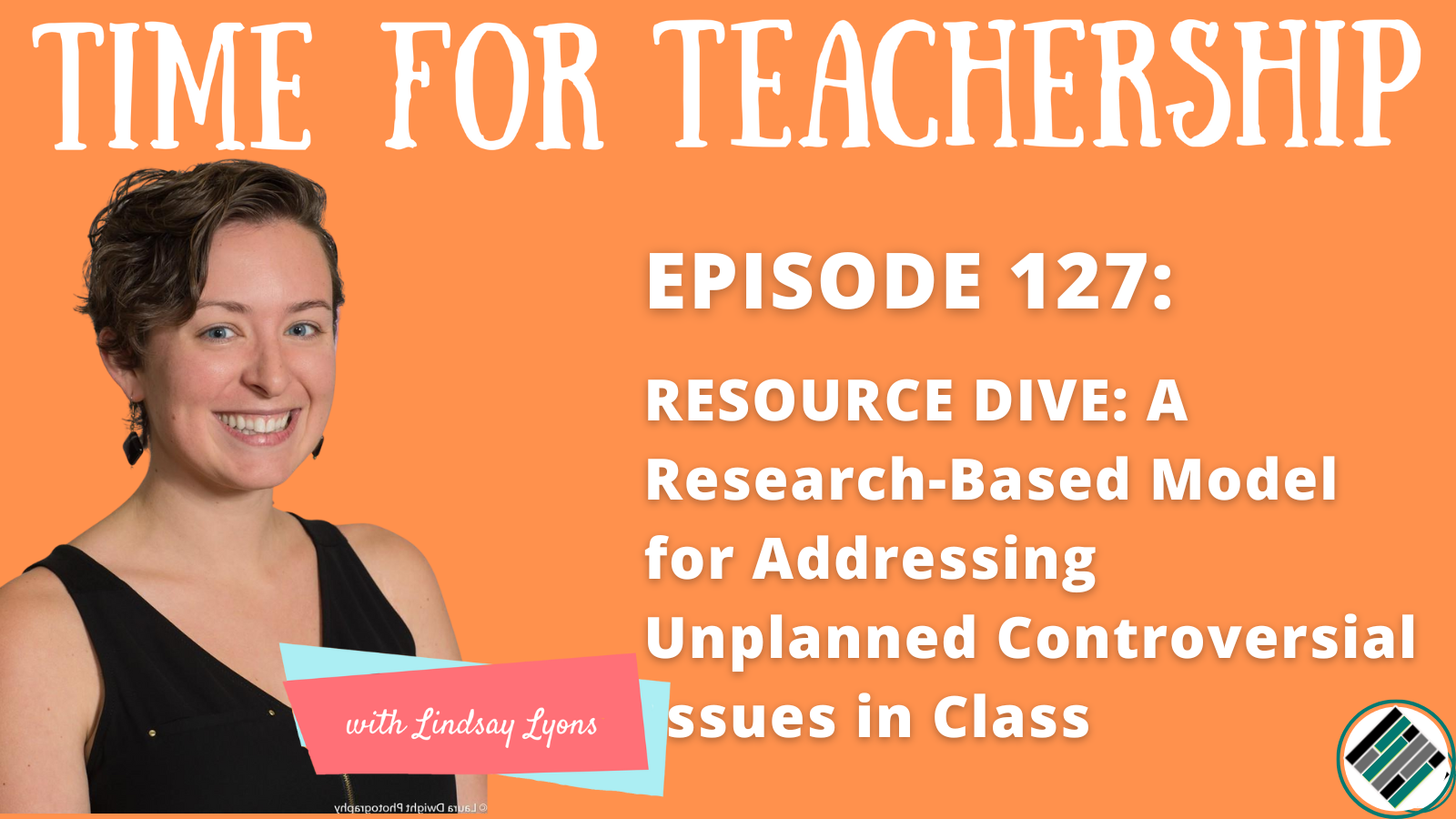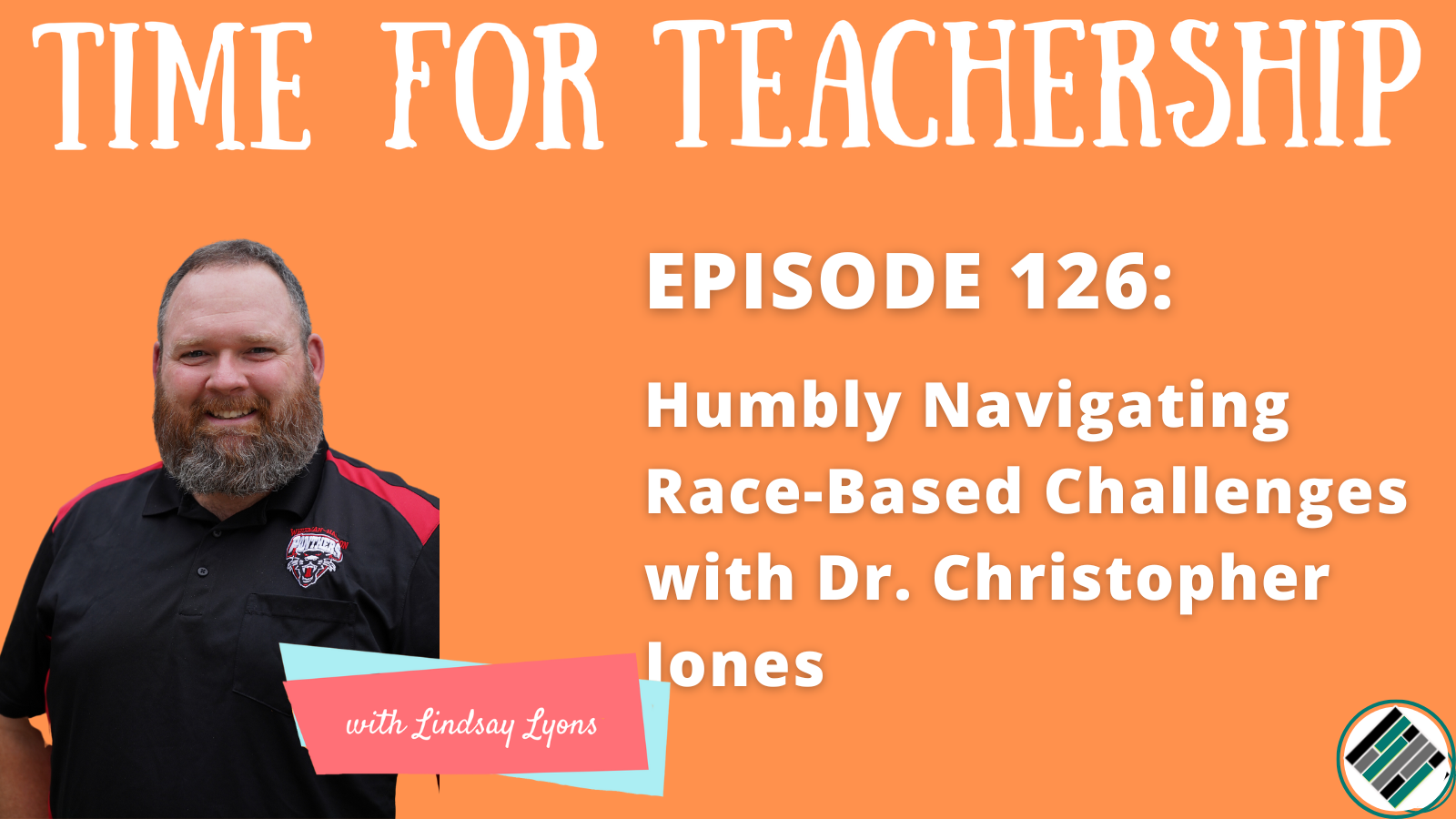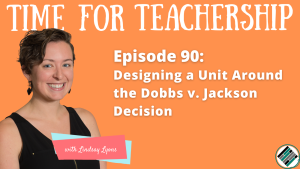
Not too long ago, most of us were glued to our phones and social media to hear the outcome of the Dobbs v. Jackson decision. This landmark Supreme case brought up so many cultural conversations around bodily autonomy, consent, sexual assault and more.
And it’s a conversation that needs to be brought into the classroom.
Our students need a place to unpack and understand important cultural events. Through careful and intentional curriculum planning, we can provide that space for them.
Recently I’ve started doing mini curriculum bootcamps, where educators can learn how to design a unit around a specific topic. A recent one centered on the Dobbs v. Jackson decision, which was also discussed on episode 90 of the Time for Teachership podcast.
Here are the steps educators can take to design a unit that opens the conversation of this important current event.
Principles for Justice-Centered Curriculum
Before diving into the how-to, it’s important to clarify some principles for justice-centered curriculum. Here are the core principles to remember when designing a unit:
-
- Define and walk the line. Being on the side of justice is to uphold the dignity of all—keep coming back to that line.
- Curriculum is more than just content. The entire unit needs to be relevant to all students and affirming to intersecting identities.
- Use current events to engage students.
- Pedagogy is personalized—justice-centered curriculum needs to be accessible to all students.
- Go beyond the grade, teacher, and classroom with your curriculum—help students make their mark outside this immediate environment.
- Student voice is essential. They can be co-creators of what they’re learning.
How to Design a Justice-Centered Unit
With those core principles of justice-centered curriculum in mind, educators can structure a lesson plan. I go into this in more detail during Curriculum Boot Camps, but here are the main steps an educator can take when designing a unit:
- Start with a mind map.
Get out your computer, a pen and paper, or a whiteboard and start brainstorming everything that comes to mind in the context of the Dobbs v. Jackson case. This could be related to the content of what to teach, questions that come up, or texts and resources you want to use.
- Tip: Do this process with other teachers and produce a cross-departmental unit plan!
- Brainstorm some questions that uphold people’s dignity.
This is to get at your driving question for the unit. Some examples related to this topic are:
- How can we balance safety and freedom?
- How can we provide healthcare for all Americans?
- Why or how is intersectionality important in the Dobbs v. Jackson decision?
- How is this topic explored in XYZ Resource?
- What has or is the most effective social change strategy? Think of supreme court rulings, protest culture, art, etc. as agents of change—which is most effective?
- Come up with a project
Start with your own ideas, but also invite students to come alongside you and co-create some ideas. Since one of the goals of justice-centered curriculum is for it to go beyond the classroom, consider ideas like a multimedia project (podcast or movie) or a presentation to the school board.
- Determine protocols and how you’re going to teach the unit.
Establishing regular protocols and rhythms is essential to teaching a successful unit. Consider having check-ins each week on Monday, as it’s a heavy topic and important to see how everyone is doing. Then set up the rest of the weekly teaching plans to align with your guiding question and project.
- Determine a strategy for resource gathering
Don’t leave this to the last minute! Make sure you’re constantly curating and collecting resources—podcasts, TV clips, books, news stories, art, etc. There are so many directions to go with content, so start collecting it early and store somewhere easily accessible.
—
Creating a justice-centered curriculum and unit plan needs to be intentional and thoughtful. The ultimate goal is to help students interact with current events in an inclusive space that upholds everyone’s dignity.
To dive in deeper to this topic, go listen to episode 90 of the Time for Teachership podcast. You can also check out my resource list for support in creating a unit around the Dobbs v. Jackson decision. Interested in Curriculum Boot Camp for your staff? Book a call with me.
Quotes:
- 1:48 “Justice-centered curriculum includes more than just content that addresses an issue. It’s engaging and relevant content—it is relevant in the sense that it’s relevant to our students in the room. It represents and affirms intersectional identities.”
- 14:48 “My hint to myself is ABC, ‘Always Be Curating.’ It’s very important to not just leave this to the last minute. But as you see something, as you hear about a current event, you listen to a podcast, you hear a clip on John Oliver—whatever it is … add it somewhere.”
- 21:53 “We center dignity in all that we do. Current events are relevant, engaging, and students deserve a place to unpack them.”
Click to Tweet: https://ctt.ac/0pv4b

